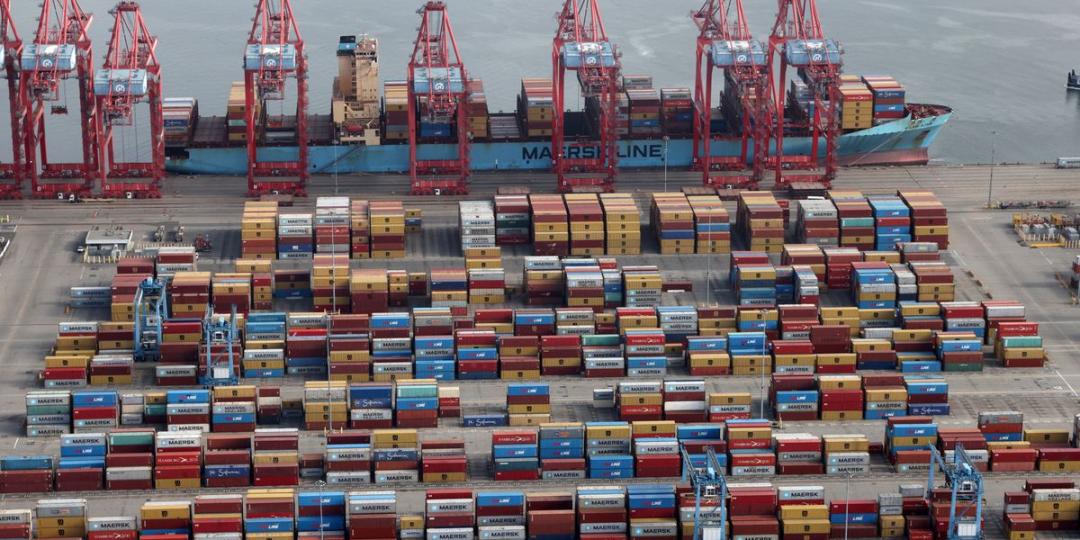The conflict in Ukraine and recent pandemic-related lockdowns in China appear to be dampening global goods trade in the first half of 2022, according to the latest WTO Goods Trade Barometer.
The current reading of 99.0 remains slightly below the baseline value of 100 for the index, which is a forward-looking composite of real-time indicators, suggesting continued slow growth in merchandise trade.
The latest outlook scales back the earlier optimism in the barometer from February, which suggested that trade might have been approaching a turning point, with stronger growth expected in the near future, the barometer reveals.
The anticipated upturn may have been short-circuited by the conflict in Ukraine, which started in late February and triggered sharp rises in food and energy prices, which tend to reduce real incomes and lower economic growth. China's imposition of major lockdowns to combat a new outbreak of Covid-19 has further disrupted trade and production.
The WTO believes the barometer index may have risen above trend if some of the underlying data in the component indices had not turned down in March and April. Component indices are smoothed to minimise the influence of extreme values, but this may obscure sudden changes in the latest months.
Most of the barometer's component indices are close to or above their baseline value of 100, for example export orders (101.2), automotive products (101.5), airfreight (99.9), electronic components (103.8), and raw materials (99.5).
Only container shipping remains firmly below trend (95.0). Non-smoothed data for export orders and airfreight went from above trend in one period to below trend in the next, hinting at a sharper downturn. If the Ukraine crisis and Chinese lockdowns persist, their impact may be seen more clearly in the next release.
In April, the WTO forecast 3.0% growth in the volume of world merchandise trade in 2022, down from the 4.7% growth predicted last October. The current barometer reading is broadly consistent with the April projection, but forecasts are less certain.
The Goods Trade Barometer is a composite leading indicator, providing real-time information on the trajectory of merchandise trade relative to recent trends ahead of conventional trade volume statistics. Readings of 100 indicate growth in line with medium-term trends; values greater than 100 suggest above-trend growth, while values below 100 indicate the reverse.













